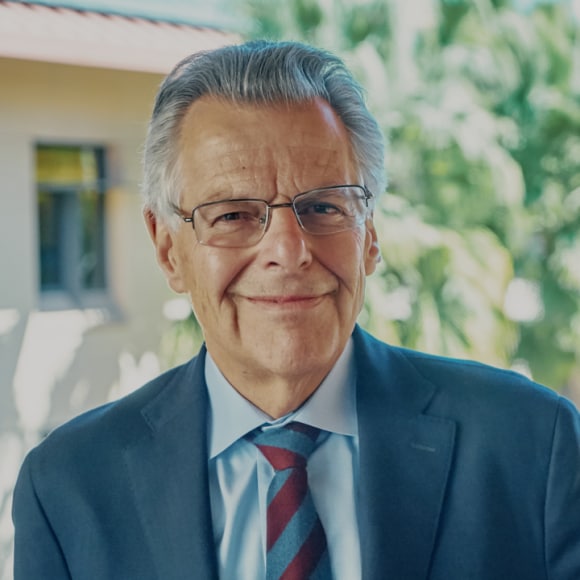Who is Myron S. Scholes?
Who is Myron S. Scholes?
Myron S. Scholes is a leading figure in financial economics, best known for developing the Black-Scholes option pricing model alongside Fischer Black and co-laureate Robert Merton. This groundbreaking work has revolutionized how financial markets value derivatives and manage risk.
In 1997, Scholes was awarded the Sveriges Riksbank Prize in Economic Sciences in Memory of Alfred Nobel (shared) for developing a method to determine the value of derivatives through the Black-Scholes formula. His work has become an indispensable tool for investors and financial institutions worldwide.


